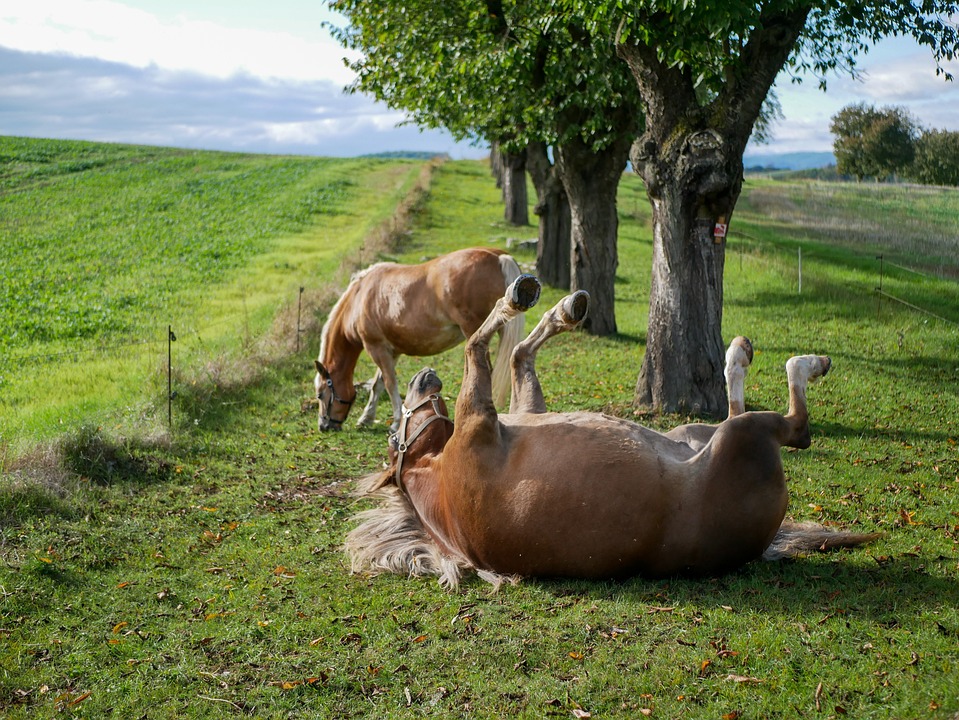June is National Pet Preparedness Month, a time dedicated to ensuring the health and safety of animals during times of natural or man-made disasters. While this month serves as a reminder to be ready for emergencies, it is equally important to consider the everyday wellness of our beloved pets throughout the year. The Michigan Department of Agriculture and Rural Development (MDARD) recognizes the significance of maintaining the general wellness of animals and emphasizes the importance of working closely with veterinarians to ensure their good health.
State Veterinarian Dr. Nora Wineland stresses the importance of starting any animal preparedness plan with a focus on their overall wellness. This includes keeping up with core vaccinations, taking preventative measures to avoid illness, and ensuring animals have current identification. Vaccines play a crucial role in preventing various diseases, some of which can be transmitted between animals and humans. For pets like dogs, cats, ferrets, horses, and others, core vaccinations such as rabies are essential. Rabies, a zoonotic disease carried by wildlife species like bats and skunks in Michigan, can be fatal. It is crucial to vaccinate animals against this virus to protect their health and safety.
In addition to rabies vaccinations, horses, in particular, require protection against mosquito-borne diseases like West Nile virus (WNV) and Eastern equine encephalitis (EEE). These diseases are prevalent in Michigan, with EEE being particularly fatal. Vaccination is key in preventing these illnesses, as evidenced by cases where unvaccinated or under-vaccinated horses suffered severe consequences. Consulting with a veterinarian can help determine the best vaccination plan for animals and ensure they are up to date on their shots.
Aside from vaccinations, simple actions can help prevent disease in animals. Practices like washing hands before handling animals, keeping shoes out of reach, avoiding contact with wildlife, and ensuring animals do not share bowls or toys can contribute to their overall health. Veterinarians can provide valuable insights and strategies for maintaining the well-being of animals through personalized care and advice.
Another crucial aspect of pet safety is ensuring they have up-to-date identification. In case of emergencies or if they become lost, current identification tags or registered microchips can help reunite animals with their owners quickly. Regular visits to the veterinarian can assist in verifying and obtaining proper identification for pets.
As temperatures soar in the summer months, MDARD offers tips to keep animals cool and safe. Providing unlimited access to fresh water, understanding an animal’s heat tolerance, testing surfaces for paw safety, avoiding harmful algal blooms in water bodies, refraining from leaving pets in parked vehicles, and offering cooling options like shade, fans, and water can help prevent heat stress in animals.
During springtime and holidays, additional precautions should be taken to ensure the well-being of pets. Avoid feeding pets human foods, keep holiday decorations out of reach, avoid using artificial dyes on animals, provide proper identification, create a quiet space for pets to destress, and refrain from gifting live animals as pets are long-term commitments that require specialized care.
In conclusion, by prioritizing the health and safety of animals year-round, pet owners can better prepare for any situation that may arise. Working closely with veterinarians, staying up to date on vaccinations, implementing preventative measures, and ensuring proper identification are essential steps in maintaining the well-being of our furry companions. By following these guidelines and being proactive in caring for animals, we can ensure they lead healthy and happy lives.





